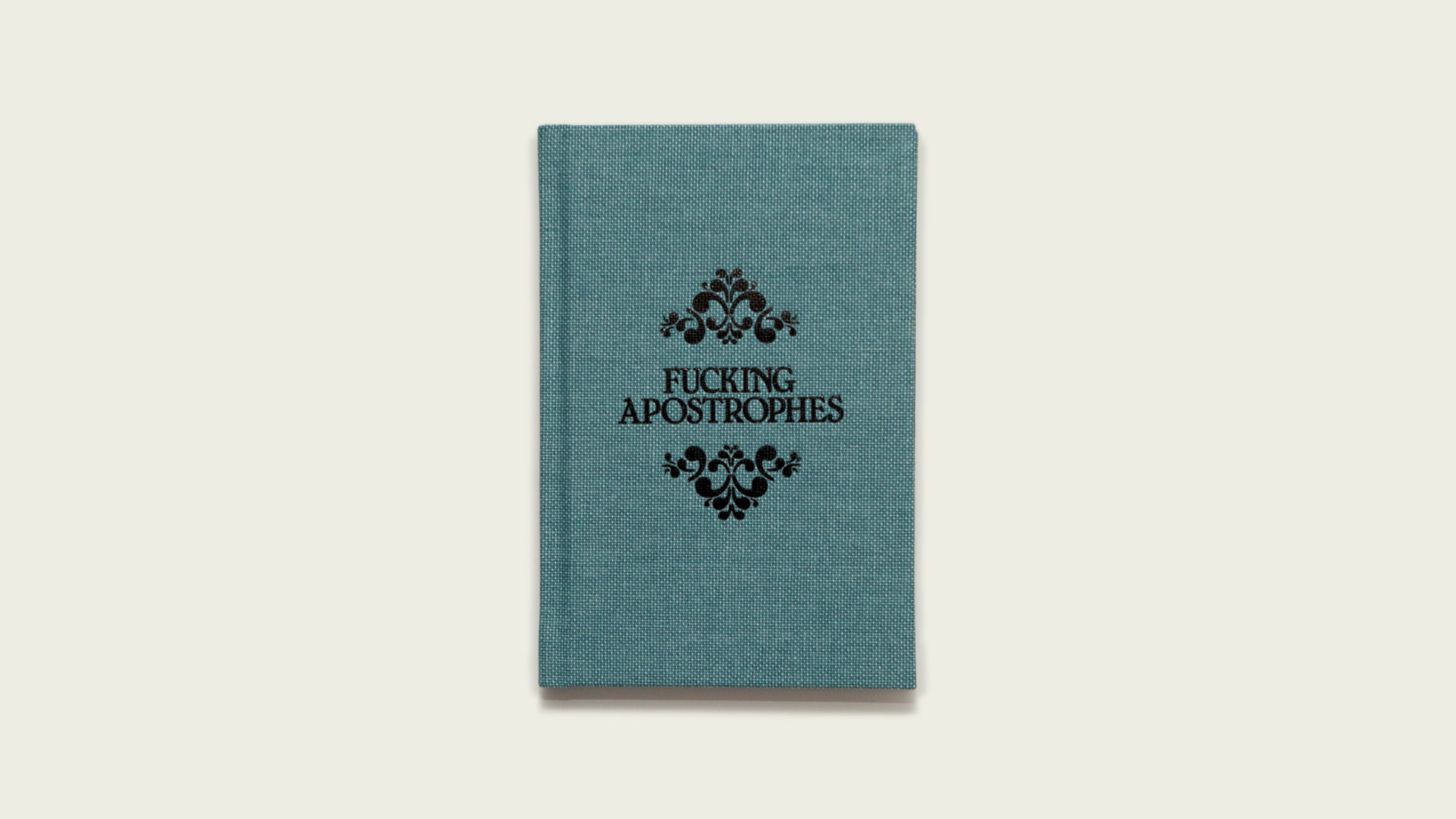We all come up a little short and we go down hard, these days I spend my time skipping through the dark. Through the empires of dust I chant your name. I am the hunter of the weekend.
NFL Bad Lip Reading (thanks, J):
Another fine explanation of the Theory of Relativity:
Amusing Black Friday deals (thanks, G).
Hateful 8 featurette (thanks, B).
Surprisingly impressive guitarist who also plays a few digeridoos (thanks, G):
The Lost Weekend: alcoholism in mainstream cinema.
Lightsaber riot (thanks, N):
Vermin Supreme: When I’m President Everyone Gets A Free Pony (thanks, G):
20 years of Pixar (thanks, G):

